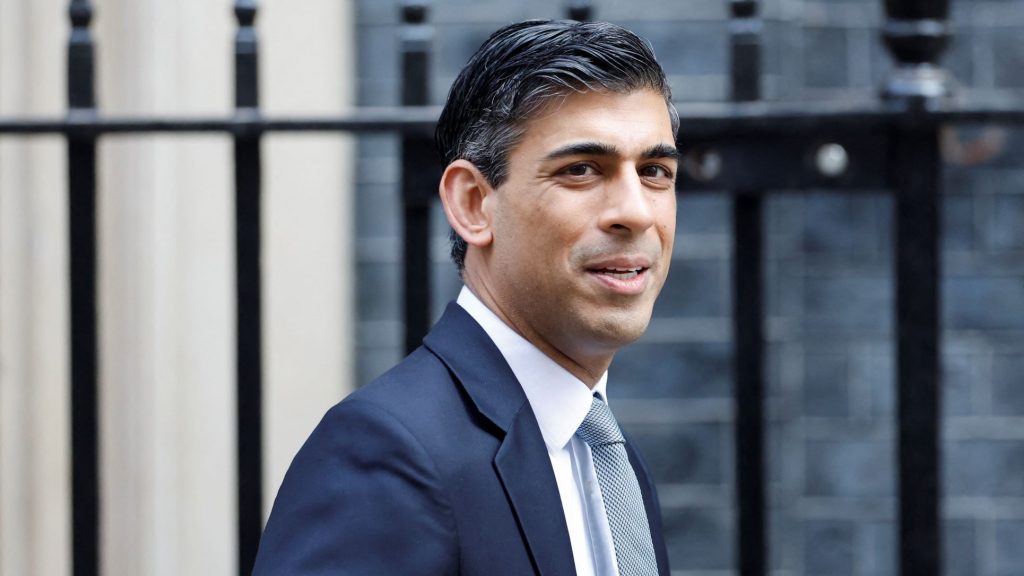
British finance minister Rishi Sunak cut taxes for workers and reduced a duty on fuel on Wednesday as he sought to soften a severe cost-of-living squeeze, with inflation now expected to peak at about 9% later this year.
Below are the main points from Sunak’s Spring Statement, a half-yearly update on his budget plans:
ECONOMIC OUTLOOK
– The government’s Office for Budget Responsibility said British consumer price inflation was set to peak at nearly 9% in the final quarter of this year, leading to the biggest squeeze on living standards since at least the mid-1950s.
– The OBR slashed its economic growth forecasts for this year to 3.8% from a forecast of 6.0% made in October. Gross domestic product is then forecast to grow by 1.8% in 2023, and by 2.1%, 1.8% and 1.7% in the following three years.
– Unemployment is now forecast to be lower in every year of the forecast. Its most recent reading of 3.9% represents a return to pre-pandemic levels and the OBR forecast sees it hovering close to 4% in the coming years.
TAXES
– A threshold at which workers start to pay social security contributions will increase by 3,000 pounds, making it the same as a threshold for income tax. From July, people may earn 12,570 pounds a year without paying income tax or National Insurance.
– The basic rate of income tax will be cut from 20 to 19 pence in the pound before the end of this parliament, in 2024. Sunak said this would be a 5-billion-pound tax cut for over 30 million people, adding it was fully costed and paid for.
– Fuel duty will be cut by 5 pence per litre until March next year.
– VAT will be cut on products such as solar panels, heat pumps and insulation, for the next five years.
– The Office for Budget Responsibility said Sunak was undoing only one sixth of the tax rises he has previously announced since becoming finance minister two years ago.
BORROWING
– Public borrowing as a percentage of GDP is estimated at 5.4% in the 2021/22 financial year which is about to end, falling to 3.9%, 1.9%, 1.3%, 1.2% and 1.1% in the following financial years.
– Underlying debt is expected to fall steadily from 83.5% of GDP in 2022/23 to 79.8% in 2026/27.
COMPANIES
– The UK will try to incentivise business investment. It will also seek to reform research and development tax credits. British companies have lagged those in other countries on R&D spending as a percentage of GDP.
(Compiled by Kate Holton; Editing by Catherine Evans)